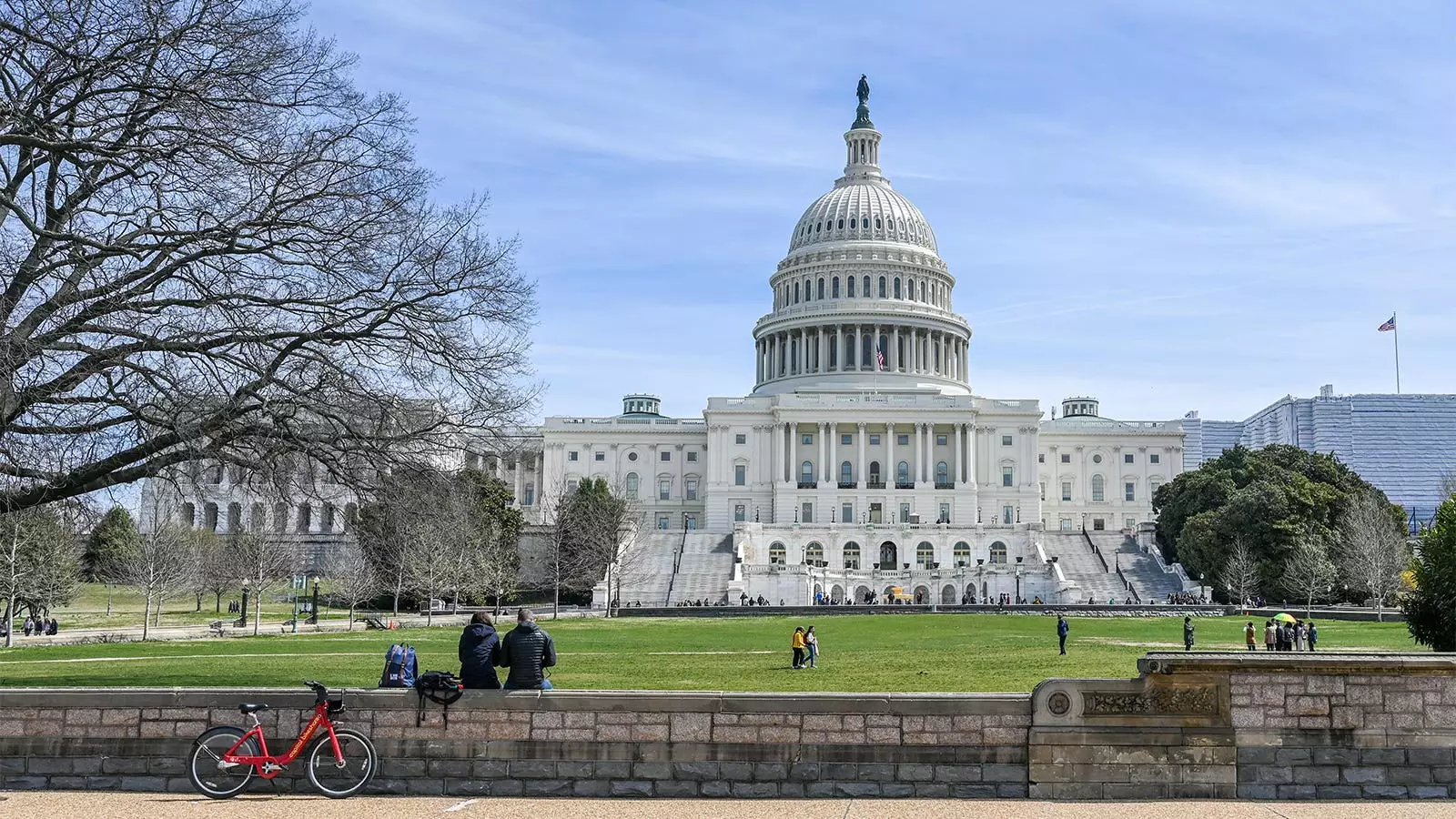The recent congressional elections revealed a notable showdown between healthcare professionals who sought to transition from stethoscopes to the halls of Congress. As the 2023 elections unfolded, candidates with medical backgrounds entered the fray, showcasing the intersection of health expertise and political ambitions. This analysis delves into the nuanced outcomes of these races, noting the triumphs and challenges faced by healthcare-affiliated candidates across various districts in the United States.
In Arizona’s District 1, the race was marked by a particularly close outcome. With a mere 2% difference as counted votes neared completion, Republican David Schweikert clung to a slim lead over Dr. Amish Shah, a Democratic candidate with a strong medical background. This nail-biting situation signifies more than just a local election; it highlights the ongoing polarization within American politics, where every vote counts, and candidates with unique professional experiences aim to broaden representation.
Contrast this with South Carolina’s District 3, where Nurse Practitioner Sheri Biggs exemplified a convincing victory with a notable 72% of the vote against her opponent, Bryon Best. Biggs’s success underscores the increasing influence of healthcare professionals, particularly those who can resonate with constituents on personal and community health issues. This district’s high margin reflects the voters’ confidence in candidates who articulate health-centric policies, a critical need in contemporary political discourse.
The varied outcomes among healthcare candidates brought forth important lessons regarding the electoral landscape. For instance, in Minnesota District 3, Kelly Morrison, MD, earned a commanding victory, sealing her win with 58% of the votes against her opponent, showcasing that candidates with strong ties to both the healthcare community and political structure may have the upper hand. Morrison’s experience as an ob/gyn and a state senator likely bolstered her appeal among voters seeking knowledgeable representatives for health policy.
On the opposing end of the spectrum, Dr. Kristin Lyerly, who gained attention for her work in women’s health, lost to candidate Tony Wied in Wisconsin District 8. This loss serves as a reminder that having a medical background does not guarantee electoral success; it highlights the complexity of district demographics and the overarching political climate. As American voters increasingly prioritize local issues over party affiliation, Lyerly’s defeat illustrates the unpredictability of these elections.
Throughout the elections, incumbency played a crucial role in determining outcomes. Established figures such as Rep. Sharice Davids in Kansas District 3 successfully defended their seats against newcomers like oncologist Prasanth Reddy, MD. This trend prompts an analysis of how entrenched political figures can leverage their platforms and experiences to fend off challenges, revealing complexities in candidate viability within the competitive electoral landscape.
Moreover, the unfortunate trend of physicians retiring from Congress signals a potential loss of clinical insight within legislative discussions. Representatives such as Mike Burgess, MD, and Larry Bucshon, MD, stepping down raises questions about the future of healthcare advocacy in legislative decisions. As these healthcare experts exit, there remains a growing concern over how their absence may impact discussions on crucial healthcare issues in the coming years.
With several physician incumbents re-elected, including Rep. Ami Bera, MD, there is a glimmer of hope for continued representation of healthcare professionals in legislative processes. However, the departure of significant health-related voices from Congress presents challenges ahead. As the nation grapples with persistent healthcare issues, cultivating a new generation of candidates willing to blend clinical expertise with effective political engagement will be paramount.
The recent elections have underscored the complexities of healthcare representation in politics, revealing an engaging yet challenging dynamic. While some healthcare candidates triumphed, others learned hard lessons in a competitive electoral atmosphere. As the political landscape shifts, the importance of maintaining diverse representation—including those with healthcare backgrounds—remains crucial, ensuring that the voices of professionals continue to shape American health policy for years to come.


Leave a Reply